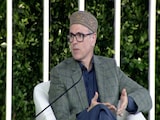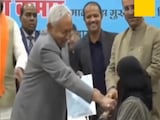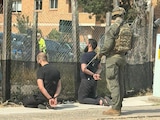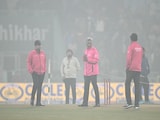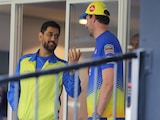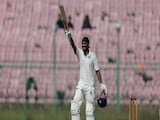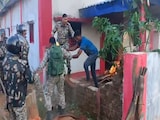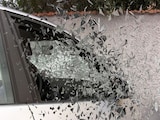Russia will continue to observe limits on the number of nuclear warheads it can deploy under the New START treaty despite Moscow's decision to suspend its participation in the landmark agreement, the Russian foreign ministry said today.
President Vladimir Putin announced the decision to suspend participation in the treaty during an address on Tuesday to both houses of the Russian parliament in which he also repeated accusations that the West was seeking to destroy Russia.
Under the treaty, signed in 2010 and extended until 2026, Moscow and Washington committed to deploying no more than 1,550 strategic nuclear warheads and a maximum of 700 long-range missiles and bombers.
"In order to maintain a sufficient degree of predictability and stability in the sphere of nuclear missiles, Russia intends to adhere to a responsible approach and will continue to strictly observe the quantitative restrictions provided for by the New START treaty within the life cycle of the treaty," the ministry said in a statement.
Russia's foreign ministry also said it would continue to notify the United States of planned test launches of inter-continental ballistic missiles (ICBMs).
In a statement, the ministry blamed the United States for Russia's decision to suspend the treaty, but said it was not opposed to resuming participation should the United States' policy towards Moscow change.
Russia and the United States together hold 90% of the world's nuclear warheads.
(Except for the headline, this story has not been edited by NDTV staff and is published from a syndicated feed.)



